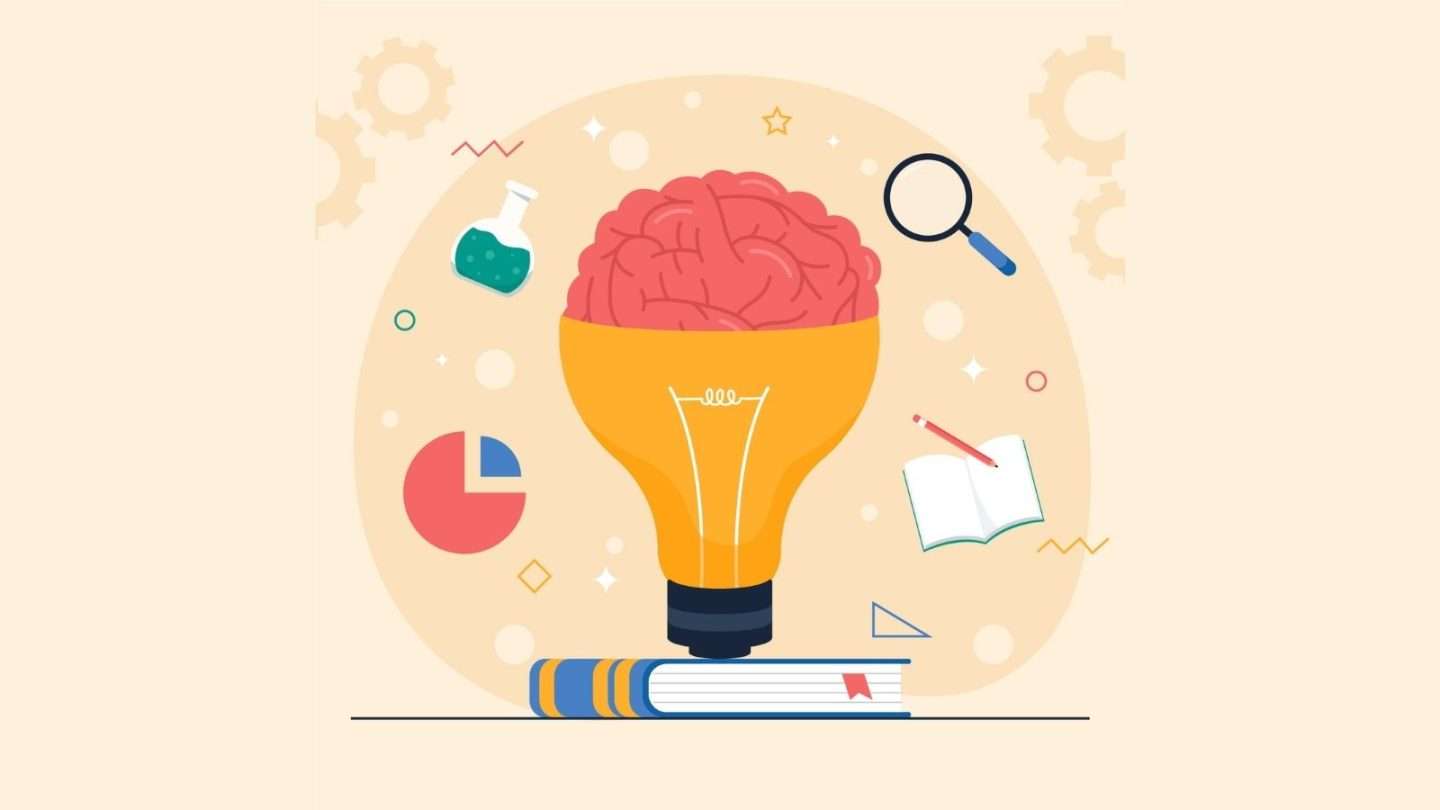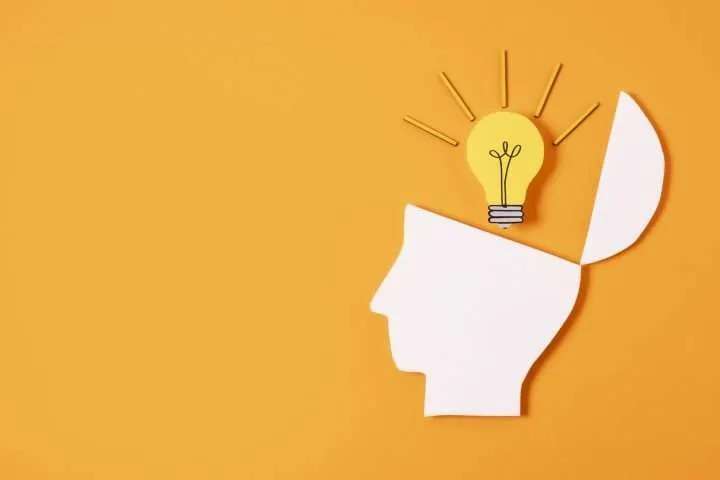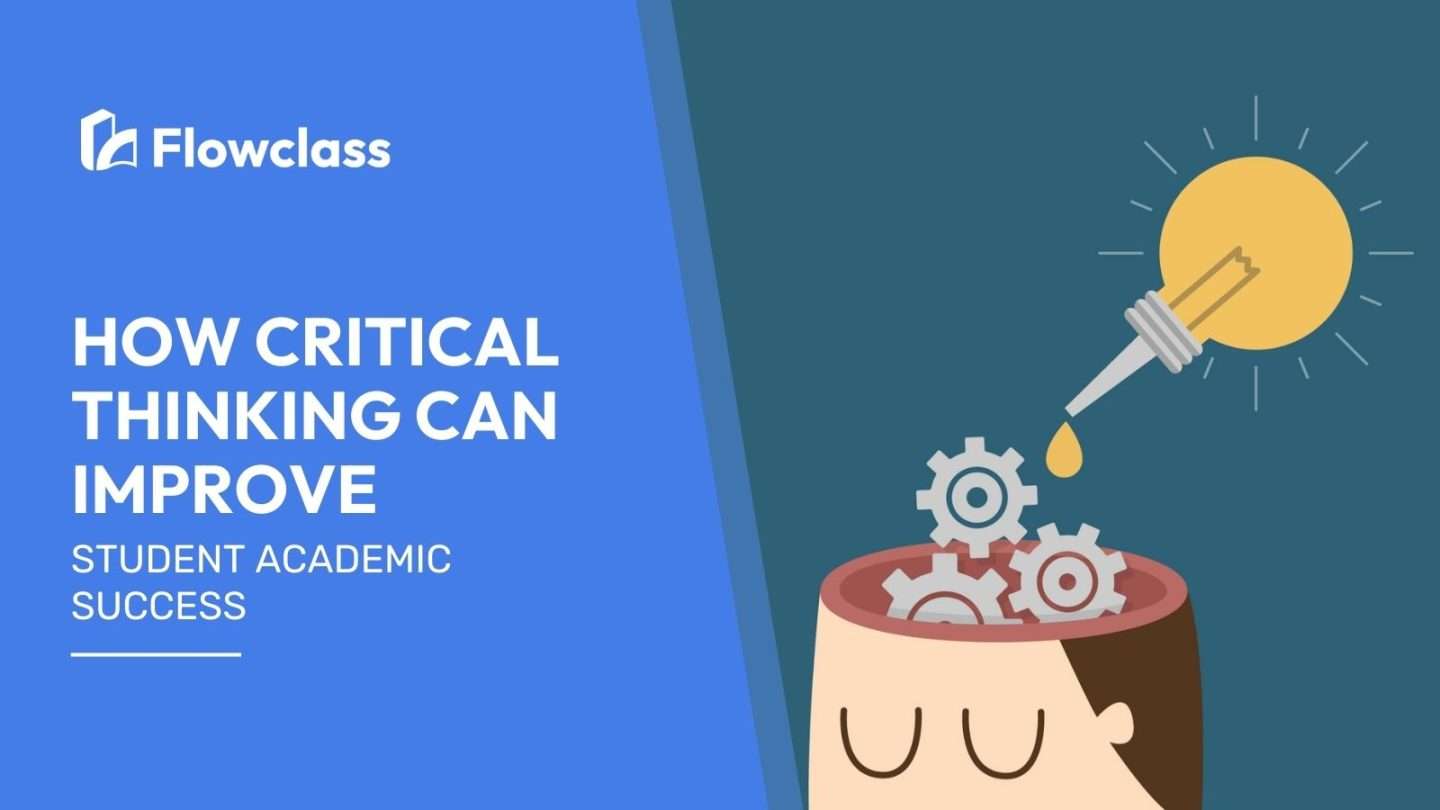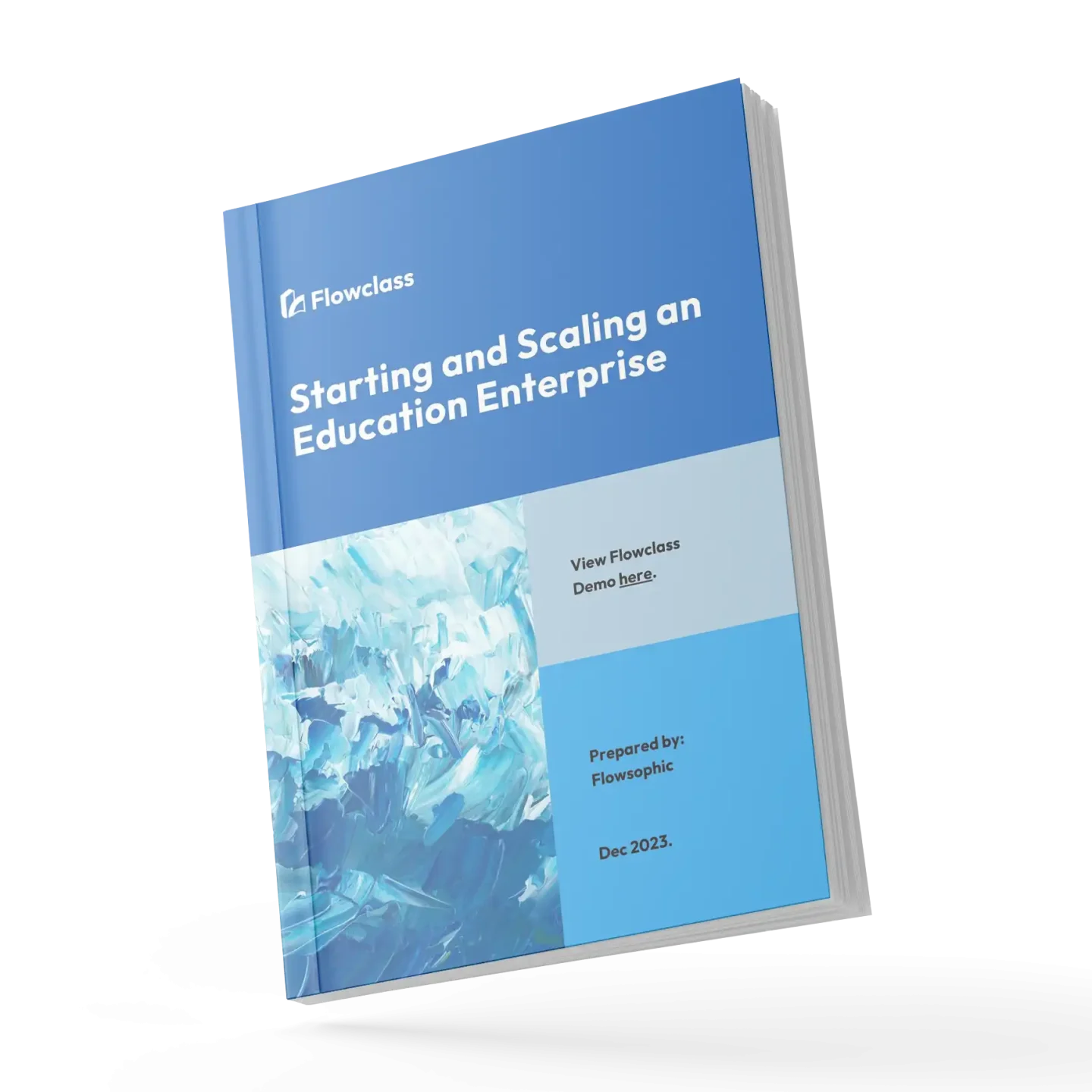In a world where information is readily available and opinions are easily formed, the ability to think critically has become more important than ever. This is especially true for students striving for academic success. Critical thinking allows students to analyze and evaluate information, make informed decisions, and solve complex problems. By honing this skill, students can navigate the vast sea of information, identify biases, and develop their own opinions based on evidence.
Incorporating critical thinking into the educational system has proven to be beneficial for students. Research shows that essential thinking interventions improve students’ academic performance across various subjects. By encouraging students to think critically, educators enable them to approach assignments and exams with a deeper level of understanding and reasoning.
Furthermore, critical thinking enhances academic success and prepares students for real-world challenges. It equips them with the skills necessary to become lifelong learners, adaptable problem solvers, and effective communicators.
In this article, we will explore the various ways in which critical thinking can improve student academic success. From developing analytical skills to fostering creativity, we will delve into the benefits and strategies for promoting critical thinking in educational settings. So, let’s dive in and discover how critical thinking can unlock the doors to academic achievement.
The importance of analytical reasoning in education

Critical thinking is a fundamental skill that is essential for academic success and beyond. In the context of education, the ability to think critically empowers students to engage with course material on a deeper level, analyze information objectively, and formulate well-reasoned arguments.
This cognitive skill is particularly crucial in today’s information-driven world, where students are constantly bombarded with a vast array of data, opinions, and perspectives. Without the ability to think critically, students may struggle to discern fact from fiction, identify biases, and develop their own informed opinions. Analytical reasoning enables students to sift through the noise and focus on the most relevant and reliable information, ultimately enhancing their understanding and retention of course content.
Furthermore, critical thinking is not limited to a specific academic discipline; it is a transferable skill that can be applied across all areas of study. Whether a student is tackling a complex math problem, analyzing a literary text, or designing an experiment in the sciences, the ability to think critically is the foundation for success. By cultivating this skill, students can become more self-directed, adaptable, and capable of navigating the ever-changing demands of the 21st-century workplace and society.
How Critical Thinking Enhances Academic Success
The benefits of critical thinking in education are well-documented. Research has consistently shown that students who possess strong critical thinking abilities tend to outperform their peers academically. This is because critical thinking enables students to engage with course material in a more meaningful and effective way.
One of the primary ways critical thinking enhances academic success is by improving students‘ problem-solving abilities. When faced with a challenging task or assignment, critical thinkers are able to break down the problem, analyze the relevant information, and devise creative solutions. This approach not only leads to better outcomes but also fosters a sense of confidence and self-efficacy in students, as they learn to trust their own reasoning and decision-making skills.
Additionally, critical thinking supports the development of strong communication and writing skills. By learning to articulate their thoughts and ideas clearly and logically, students become more effective at expressing their understanding of course content. This, in turn, leads to better performance on essays, presentations, and other assessments that require effective communication.
Developing analytical reasoning skills
While critical thinking is a fundamental cognitive skill, it is not something that comes naturally to all students. Developing analytical reasoning abilities requires intentional practice and the cultivation of specific strategies and habits. Fortunately, there are several evidence-based approaches that educators can employ to help students hone their critical thinking skills.
One effective method is the use of open-ended questioning techniques. By posing thought-provoking questions that encourage students to analyze, evaluate, and synthesize information, teachers can stimulate critical thinking and promote deeper engagement with the subject matter. Additionally, the incorporation of problem-based learning and case studies can provide students with opportunities to apply their critical thinking skills to real-world scenarios, further reinforcing their development.
Another key aspect of developing critical thinking skills is the ability to identify and challenge assumptions. By encouraging students to question their own biases and preconceptions, as well as those presented in course materials, educators can help students become more discerning and objective in their thinking. This, in turn, can lead to a greater appreciation for diverse perspectives and a more nuanced understanding of complex issues.
Strategies for promoting critical thinking in the classroom

Fostering critical thinking in the classroom requires a multifaceted approach that encompasses various teaching strategies and learning activities. One effective technique is the use of Socratic questioning, which involves posing a series of probing questions that guide students to think more deeply about a topic or issue. This method encourages students to explore their thought processes, challenge their assumptions, and consider alternative perspectives.
Another valuable strategy is the incorporation of collaborative learning opportunities, such as group discussions and debates. By engaging in discourse with their peers, students are exposed to diverse viewpoints and are challenged to defend their own positions, ultimately strengthening their analytical reasoning skills. Additionally, the use of technology-based tools, such as online simulations and interactive learning platforms, can provide students with dynamic and engaging ways to apply their critical thinking abilities.
Alongside these specific strategies, educators must create a classroom environment that is conducive to critical thinking. This may involve encouraging a culture of intellectual curiosity, fostering a safe space for students to take risks and express their ideas, and providing timely and constructive feedback that helps students identify areas for improvement.
The role of teachers in fostering analytical reasoning
The success of critical thinking in the classroom largely depends on the role of the teacher. Educators are the driving force behind the development and cultivation of this essential skill, and their approach can make a significant difference in student outcomes.
One of the primary responsibilities of teachers is to model analytical reasoning themselves. By demonstrating their thought processes, problem-solving strategies, and intellectual curiosity, teachers can inspire students to adopt similar habits and mindsets. This can involve openly sharing their decision-making processes, acknowledging their own biases and limitations, and encouraging students to challenge their perspectives.
Additionally, teachers play a crucial role in designing and implementing instructional strategies that explicitly target critical thinking development. This may include incorporating activities that require analysis, evaluation, and synthesis, as well as providing opportunities for students to engage in Socratic discussions, problem-based learning, and other collaborative learning experiences.
By intentionally weaving critical thinking into the curriculum, teachers can ensure that students have ample opportunities to practice and refine this essential skill.|
The impact of critical thinking on problem-solving abilities

Critical thinking and problem-solving are inextricably linked, as the ability to think critically is a fundamental component of effective problem-solving. When faced with a complex problem, critical thinkers can approach the challenge with a systematic and analytical mindset, breaking down the issue into its constituent parts and identifying the most relevant information.
This process of critical analysis allows students to develop a deeper understanding of the problem, recognize potential biases or assumptions, and generate creative solutions. By considering multiple perspectives and evaluating the merits of various approaches, critical thinkers are better equipped to devise innovative and effective solutions to complex problems.
Furthermore, the problem-solving skills cultivated through critical thinking have far-reaching implications beyond the academic realm. In the real world, employers increasingly seek out individuals who can think critically, analyze information, and devise practical solutions to complex challenges.
By honing their analytical reasoning abilities, students not only enhance their academic success but also prepare themselves for the demands of the 21st-century workforce and the ever-evolving challenges of modern society.
Incorporating critical thinking into exam preparation

Effective exam preparation requires more than just memorizing facts and formulas; it necessitates the ability to think critically and apply one’s knowledge in meaningful ways. By incorporating critical thinking strategies into their exam preparation, students can enhance their performance and demonstrate a deeper understanding of the course material.
One key approach is the use of practice questions and case studies that challenge students to analyze, evaluate, and synthesize information. Rather than simply recalling definitions or formulas, these types of questions encourage students to engage with the material on a deeper level, considering alternative perspectives and identifying potential flaws or biases in their reasoning. This, in turn, can lead to better performance on exams that prioritize analytical reasoning and problem-solving skills.
Additionally, students can benefit from engaging in self-reflection and metacognitive activities during their exam preparation. By regularly evaluating their thought processes, identifying knowledge gaps, and adjusting their study strategies accordingly, students can develop a greater awareness of their strengths, weaknesses, and areas for improvement.
This self-awareness can be a powerful tool in navigating the demands of high-stakes assessments and maximizing their academic success.
Real-life examples of critical thinking in action
The value of critical thinking extends far beyond the confines of the classroom, as it is a fundamental skill that can be applied in a wide range of real-world contexts. One powerful example of critical thinking in action can be seen in the field of scientific research, where scientists must constantly question assumptions, analyze data, and devise innovative solutions to complex problems.
Consider the case of a team of researchers investigating the impact of climate change on local ecosystems. To effectively address this challenge, the researchers must engage in critical thinking at every stage of the research process – from formulating hypotheses and designing experiments to interpreting results and drawing conclusions.
By approaching the problem with a critical mindset, the researchers can ensure that their findings are based on sound evidence, consider alternative explanations, and ultimately contribute to our understanding of this pressing global issue.
Another real-world application of critical thinking can be seen in the realm of business and entrepreneurship. Successful entrepreneurs must possess the ability to analyze market trends, identify unmet needs, and develop innovative solutions that address those needs. This requires a critical thinking approach that involves questioning assumptions, considering multiple perspectives, and evaluating the feasibility and potential impact of their ideas.
By honing their critical thinking skills, entrepreneurs can navigate the complex and ever-changing landscape of the business world and achieve sustainable success.
Conclusion: The lifelong benefits of cultivating critical thinking skills
In the rapidly evolving landscape of the 21st century, the ability to think critically has become an indispensable skill for students aspiring to academic and professional success. As we have explored throughout this article, critical thinking is the cornerstone of effective learning, problem-solving, and decision-making – all of which are essential for navigating the complexities of modern life.
By cultivating critical thinking skills in the educational system, we empower students to become independent, adaptable, and intellectually curious learners. They develop the capacity to analyze information objectively, challenge assumptions, and formulate well-reasoned arguments. These skills not only enhance academic performance but also prepare students for the real-world challenges they will face, whether in their careers, civic responsibilities, or personal lives.
As we look to the future, the importance of critical thinking will only continue to grow. In an era of information overload and rapidly changing technologies, the ability to think critically will be a crucial asset, enabling individuals to stay informed, adapt to new circumstances, and contribute meaningfully to their communities.
By prioritizing the development of critical thinking skills in our educational institutions, we can equip the next generation with the tools they need to thrive and lead in an increasingly complex world.
📣Want more tips and tricks aimed at student development? Check out our blogs!


